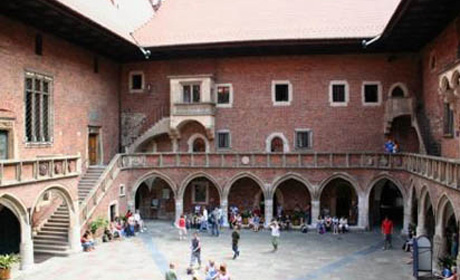|
The Guardian, 28 October 2012. About a third of universities in the elite Russell Group have suffered a drop in their undergraduate intake this year, after government changes to the way institutions recruit students.Vice-chancellors at the universities concerned fear they may have to cut spending on widening access to poorer students.
Wendy Piatt, the Director-General of the Russell Group, which represents 24 of the UK's most sought-after universities, told a BBC Radio 4 documentary that about a third of the group's English institutions had lost out.She said: "Having far fewer students than planned does create a real financial hit. It's hard to give a very accurate number, but across the Russell Group it may amount to something like £80m. It's a significant amount of money."
Universities can now recruit an unlimited number of the highest performing students, those who achieve A-level grades of AAB or above, under coalition changes intended to give more students their first choice.However, all English universities are capped on the number of students they can recruit at lower grades.After A-level results were published this summer, there was fierce competition for a small pool of high-performing students in clearing. Some leading universities have been left with spare capacity after failing to attract enough of these students.
Next year the government will take deregulation of student numbers further. Universities will be allowed to recruit as many students as they like from the wider pool of school-leavers with A-level grades of ABB or equivalent. Many vice-chancellors welcome the prospect of greater freedom, but warn of the consequences of an unexpected dip in income after this year's changes. Piatt said: "There'll be lots of efforts to make sure the students don't notice that, but it will have an effect.
|


 Join us on Facebook
Join us on Facebook